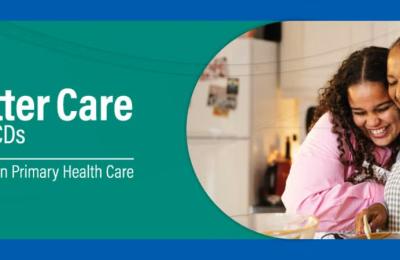Bottlenecks and barriers to effective coverage of early childhood health and development interventions in Guatemala: A scoping review
Objectives.
To identify bottlenecks and barriers to effective coverage by Early Childhood Health and Development (ECHD) interventions in Guatemala.
Methods.
A scoping review of more than 100 peer-reviewed articles, grey literature, and other academic publications was conducted. Articles published from 2005-2019 were considered. Results were analyzed using the Tanahashi model of effective coverage that categorizes coverage by five domains: availability, accessibility, acceptability, contact, and effective coverage.












